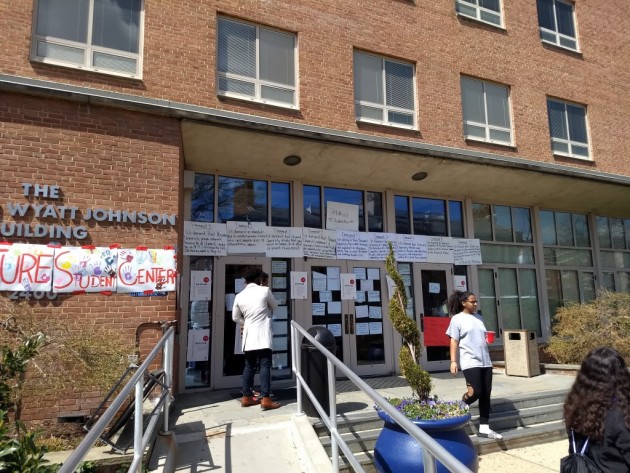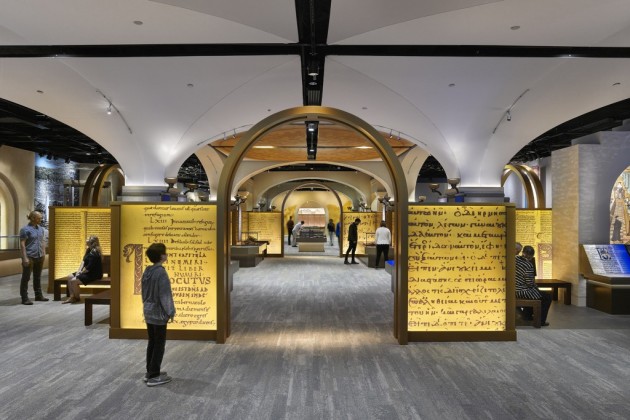Some question the current need for Historically Black Colleges and Universities in today’s society.
Spelman College, Howard University, and Morehouse College are all institutions of higher learning and were recently named the top three Historically Black College and Universities (HBCU) in America. Each year thousands of hopefuls apply to these schools with the hopes of becoming a part of the legacy left behind by their alumni. But for many others, the label of a HBCU deters them and stops them from even considering filling out an application.
“How do I feel about HBCUs?” Georgia Southern University sophomore Portia Dickerson asks herself. “My response isn’t going to be positive.”
Dickerson applied to various HBCUs, with Howard being her first choice, and has numerous friends that chose to attend other HBCUs. But at the last minute, she changed her mind after thinking about the pros and cons. Candise Carten, a student at Valdosta State University who also considered HBCUs had this to say: “HBCUs claim to prepare you for the real world when the real world is not all black.” But what happens when these individuals step into corporate America? “It’s not a promise that you get a job after graduation but it is more likely that students that actually attend diverse schools have a better chance,” Dickerson said.
Just recently, Senator Seth Harp called for legislation to be put into place for a merger of HBCUs and traditionally white schools nearby. Many like him think this is segregation and Harp thinks that it is time to “close this ugly chapter.”
Another reason why many may choose non-HBCUs is the high cost that is attached to the school. “HBCUs seem to charge you an arm and a leg for tuition,” Carten said. More than half of the colleges listed as HBCUs are private institutions, meaning they have no state funding and that leads to a higher cost of tuition.
Kai Richardson, a recent transfer to Georgia State University, left Howard University after the spring of 2008 and has already seen a big difference. “Everything moves fast and is up to date,” said Richardson. “Howard could have been more on top of things, but that requires money.”
The United States Department of Education states that these colleges and universities have a fairly lower price tag in comparison to the traditionally white institutions, but this typically means in comparison to schools that are Ivy League and Division I. Not like the ones that Carten, Dickerson and Richardson attend.
The biggest difference however could be the social atmosphere. “You never leave your comfort zone,” Carten said.
Dickerson agrees but adds to that, “HBCUs are mostly known for two things: partying and all you can eat cafes.” However the common denominator in the argument is that in both of the schools unique differences, they prepare you for what is to come.
“If you want an opportunity, you have to go out and look for it and meet the right people. Networking is very important and is important at both schools,” said Richardson.



